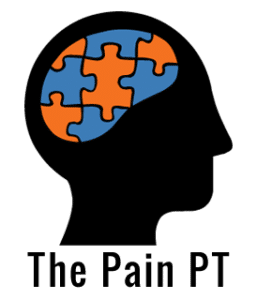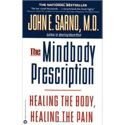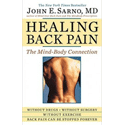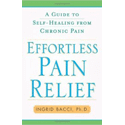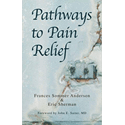The Role of the Prefrontal Cortex in Chronic Pain
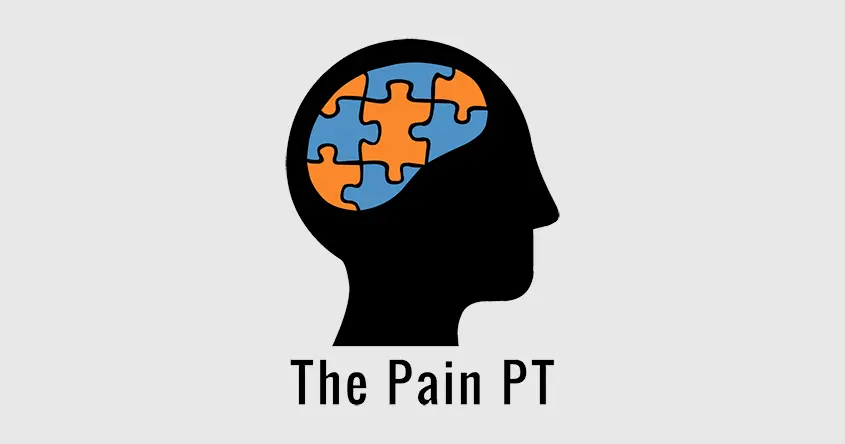
The prefrontal cortex is a part of our brain that controls what’s called ‘higher executive functioning’. This is the cognitive area of the brain that houses our conscious perception and decision making abilities, as well as the ability to send inhibitory messages to down-regulate pain. The prefrontal cortex is number one in my opinion as a control hub and starting point in working to reduce chronic pain. This is because it has connections and influence over other parts of the brain. The authors state:
The prefrontal cortex regions are ‘highly interconnected with one another as well as with other regions such as the amygdala, hippocampus, nucleus accumbens, and striatum.’
In people with chronic pain the prefrontal cortex is really weakened and diminished. The authors state:
‘Another sign of PFC dysfunction in chronic pain patients is gray matter loss. Shrinkage of the frontal cortical gray matter has been identified consistently across a variety of pain conditions.3,12,19,24–26,38 This anatomical abnormality is severe and has been equated to the cortical loss seen over 10 to 20 years of normal aging in a healthy individual.’
The good news is the changes are not permanent like with a stroke or dementia. The authors state:
‘Importantly, restoration of frontal cortical gray matter in chronic pain indicates the disease is not neurodegenerative, suggesting that structural reorganization of resident neurons and/or glia in the PFC account for the abnormality.’
So one of the primary goals of our work here is to re-strengthen the prefrontal cortex just like we do with going to the gym to strengthen muscles. Through brain retraining work one of the goals is to strengthen the message that ‘we are ok’ instead of thinking we are damaged or broken with chronic pain or the symptoms are bad. We also learn to activate this cortex so we can regulate emotions (amygdala) in a healthy way, work with traumatic memories (hippocampus), and to produce positive chemicals like dopamine (nucleus accumbens) to make us feel better.
